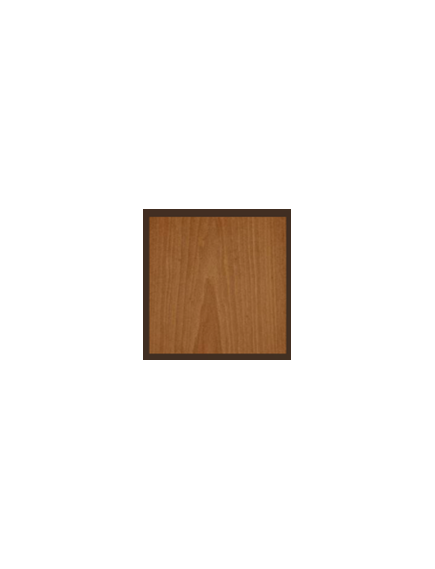Moabi древесина дерево Африка
Описание
Description
Moabi or African pearwood is one of the most sensual and satisfying of hardwoods that a furniture maker can encounter. The structure of the wood is hard, so hard that the sharpest of tools are required to work it. This allows you to cut the finest of details and form the most delicate of shapes. Pearwood’s heartwood is pinkish brown, red brown, or a rich red; sapwood is pinkish white or gray brown, rather well demarcated. Texture is fine and even; grain is straight, sometimes wavy; has an attractive figure. Wood has satiny lustre on quarter-sawn surfaces. Growth rings more or less distinct. Moabi wood is durable. It is resistant to fungi, Lyctus beetles and termites. It is fairly resistant to marine borers.
Density
(H=12%) : 0,87
Treatability
Poorly or not permeable
Seasoning
The timber dries slowly, but with care it seasons without checking and warping.
Stability
Poorly stable
Durability
Very durable
Workability
The wood is difficult to work due to the presence of silica (0.2–0.3%) and because it is hard. Stellite-tipped sawteeth are needed. The wood glues, nails and finishes well, and has good steam-bending properties. Painting and varnishing with the principal industrial products do not cause problems. After steaming for 48–60 hours, rotary peeling and slicing give veneer and plywood of satisfactory quality.
End-Uses
- Exterior joinery
- Volets roulants
- Interior joinery
- Interior panelling
- Flooring
- Stairs (inside)
- Current furniture or furniture components
- Sliced veneer
- Cabinetwork (high class furniture)
- Veneer for interior of plywood
- Veneer for back or face of plywood
- Sleepers
- Turned goods
- Articles cintrés
- Sculpture
- Industrial or heavy flooring
- Heavy carpentry
- Bridges (parts not in contact with water or ground)
Sustainable Sourcing of African Pearwood
The scientific name of African Pearwood is Baillonella toxisperma. African Pearwood, also called Moabi wood is typically found in the subtropical or tropical moist lowland forests of Cameroon. However, due to overexploitation, African Pearwood is a threatened species.
Since African Pearwood is highly prized for hardwood and international export, Trading Expression makes sure to harvest African Pearwood with sustainability.
We focus on sustainable development of Cameroonian forests to preserve the environment and biodiversity, while supporting the economy as well. Our sustainable development program is supported by a program called “Friends of the Forest”.
To import Moabi wood or African Pearwood sustainably, contact us now.
Notes : Good substitute to Makore (Tieghemella spp.).
Особенности
Отзывы
Отзывы не найдены

